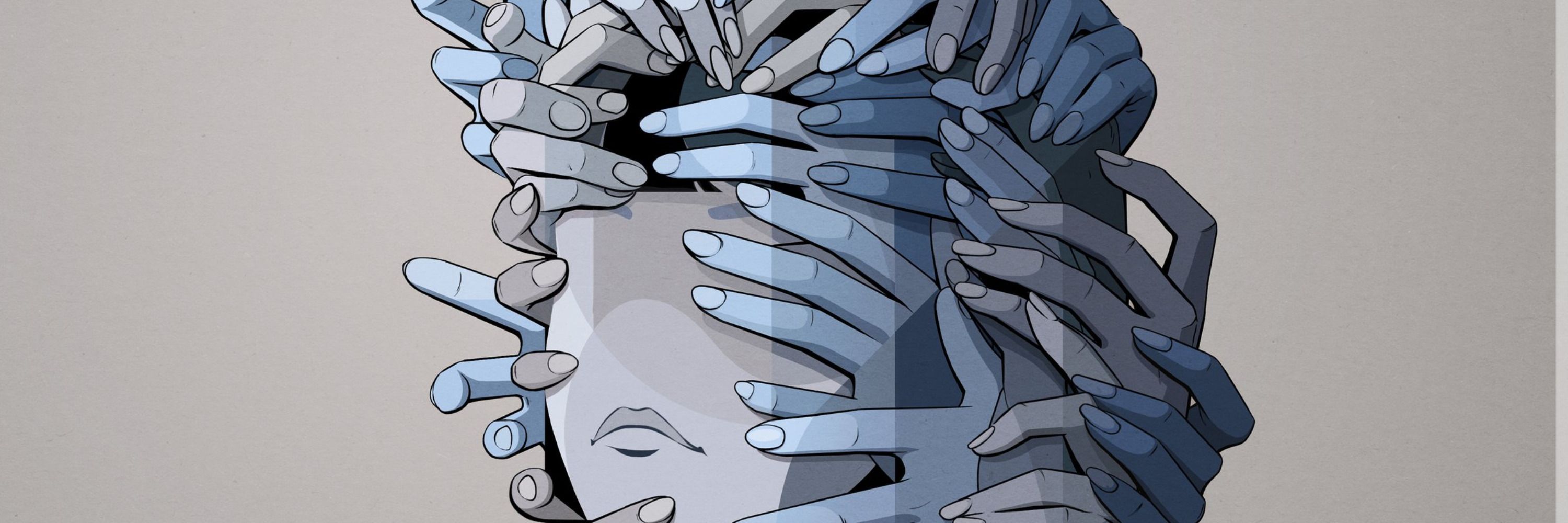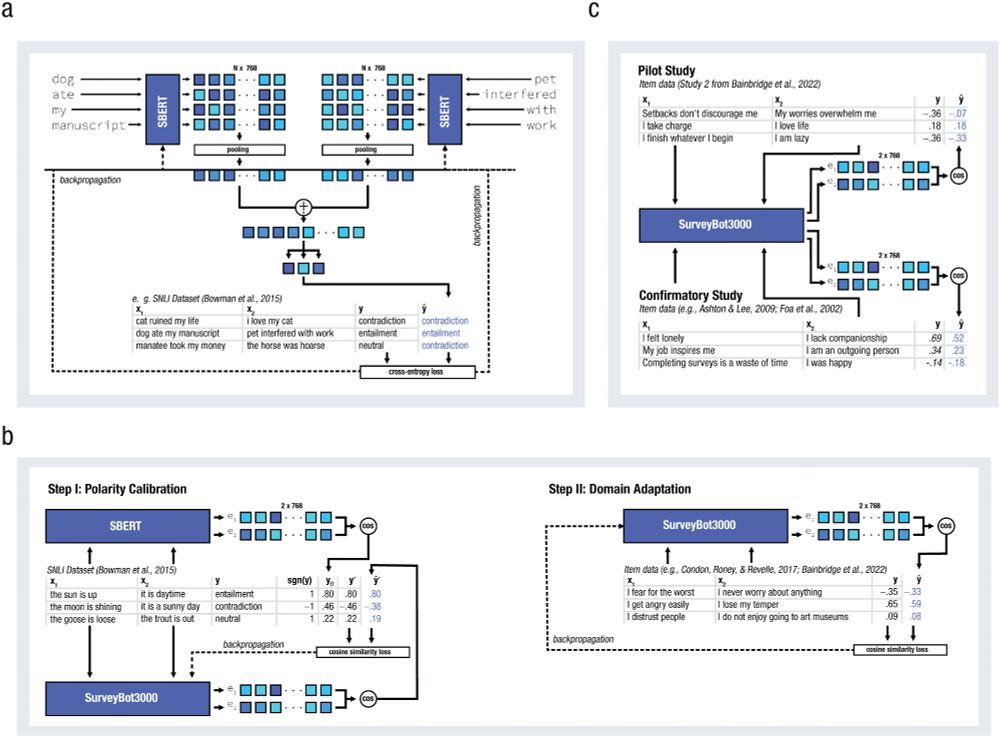
prejudice, person perception at McGill | https://prejudicemap.org

www.nature.com/articles/s44...
erichehman.com/publications/
scholar.google.ca/citations?us...
Reposted by Mark J. Brandt, Eric Hehman
Eligibility: 25 years post PhD (awards are not given posthumously).
More detail here:
www.socialcognition.net/ostrom-award
1/2
Would appreciate a share!
Also I'll be at SPSP in a few weeks, please reach out if you want to chat about the position
Myself and @jordanaxt.bsky.social are seeking applications for a shared post-doctoral researcher at McGill, beginning Fall 2026.
Topic area broadly centered on intergroup dynamics, prejudice, discrimination
Full description here: hehmanlab.org/ad
1/2
Reposted by Eric Hehman, Colin Tucker Smith

I want to share the findings from one of these studies, published last March. 🧵
Reposted by Mark J. Brandt, David Chester
psycnet.apa.org/fulltext/202...
Reposted by Jordan Axt, Melanie C. Green

Please consider being my colleague, Montreal is really great: mcgill.wd3.myworkdayjobs.com/en-US/McGill...


Can see regional variation in anti-fat attitudes here prejudicemap.org which correlate with regional obesity rates
Reposted by Linda J. Skitka


doi.org/10.1162/QSS....
@tklebel.bsky.social and I tried to make our introduction as accessible as possible. We illustrate the theory by three case studies based on a simulated model of Open Science. 🧵(1/6)

haines-lab.com/post/part-2-...
Reposted by Mark Rubin, Eric Hehman

New paper out by Paolini et al. on habit-ruptures in intergroup contact
www.nature.com/articles/s44...
(If you like that, our also team has a related paper in press at American Psychologist, led by Rose Meleady)
psycnet.apa.org/record/2026-...
Reposted by Brian A. Nosek, Eric Hehman
Know of data being taken down or worried about a data source? Let us know: baserow.datarescueproject.org/form/r7V1c44...

link.springer.com/article/10.3...
My guess is that other online data is going to drop in quality due to LLMs. This is going to be an existential crisis for the behavioral sciences.
Was not the case last year.
Help protect this impt work by donating here: 4agc.com/donate/impli...
Reposted by Jonathan Portes, Anna O. Law, Gordon Pennycook , and 20 more Jonathan Portes, Anna O. Law, Gordon Pennycook, Maarten Vink, Martin Gaynor, Pierre Bataille, Markus Appel, Markus Jäntti, Joshua Goodman, Valerie Mueller, Flávio Azevedo, Max Nathan, Jacob T. Levy, Jonathan Birch, Dean Eckles, Maria Abreu, Eric Hehman, Dana R. Fisher, Nate Breznau, José Antonio Noguera, Claire L. Adida, Dietmar Fehr, Antonio Fatás

doi.org/10.1126/scia...
🧵 Thread—>
Reposted by Eric Hehman

Reposted by Robb Willer, Eric Hehman

I've created a toolkit — lexichron — for measuring long-term shifts in word meanings using Google Ngrams and other corpora (e.g., COHA, COCA).
Here's the public GitHub repo:
github.com/eric-d-knowl...
🧵
Reposted by Eric Hehman
Reposted by Eric Hehman
Reposted by Eric Hehman
Learn more and submit your candidacy: https://mcgill.ca/x/5Zh





journals.sagepub.com/doi/10.1177/...

